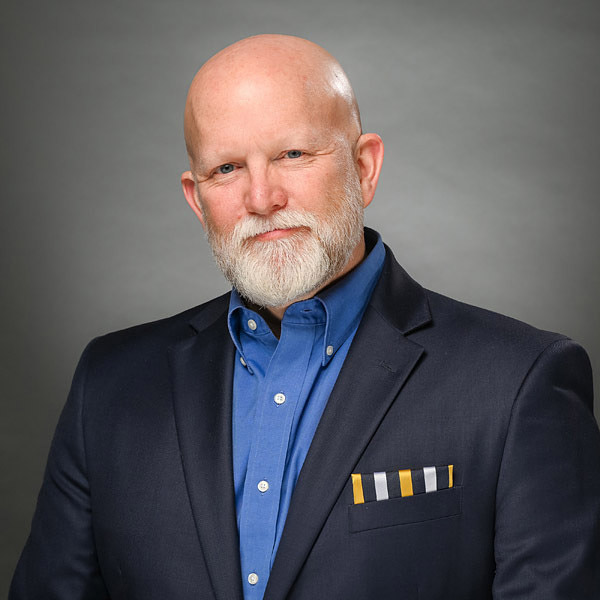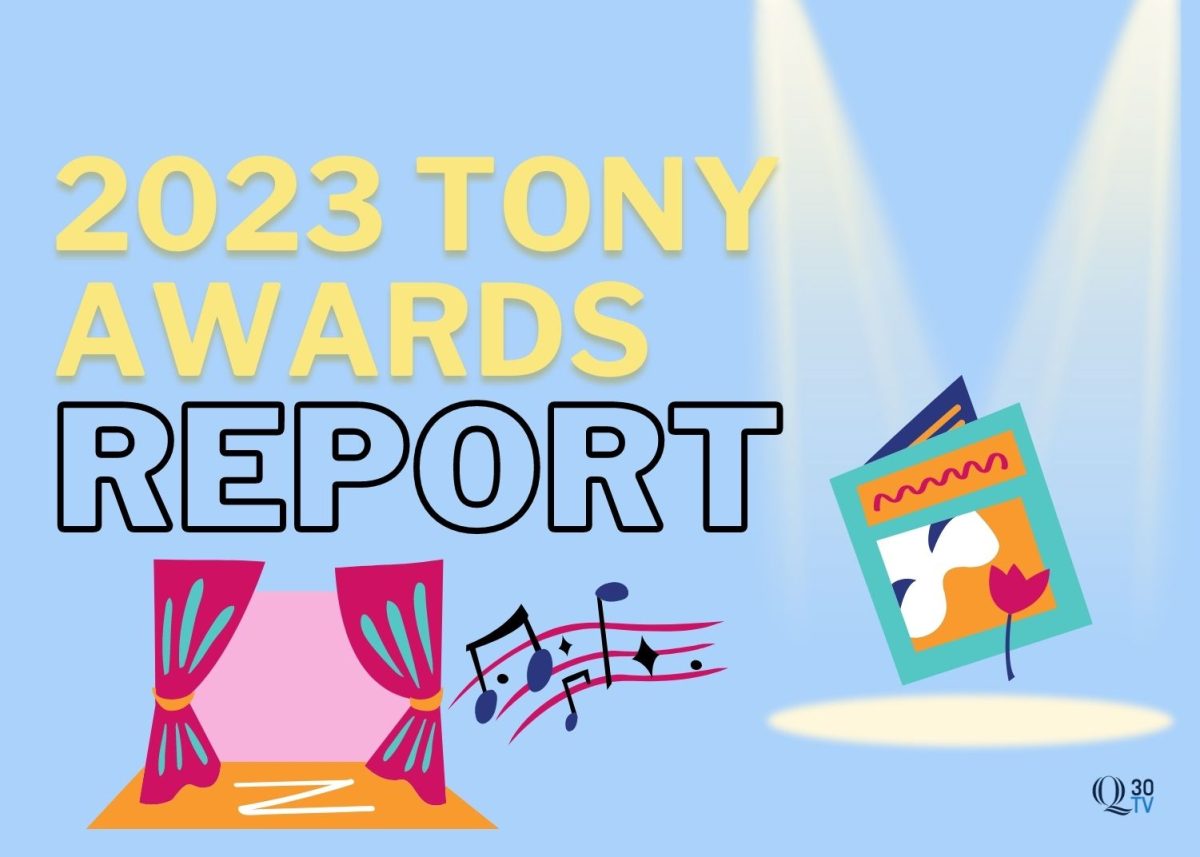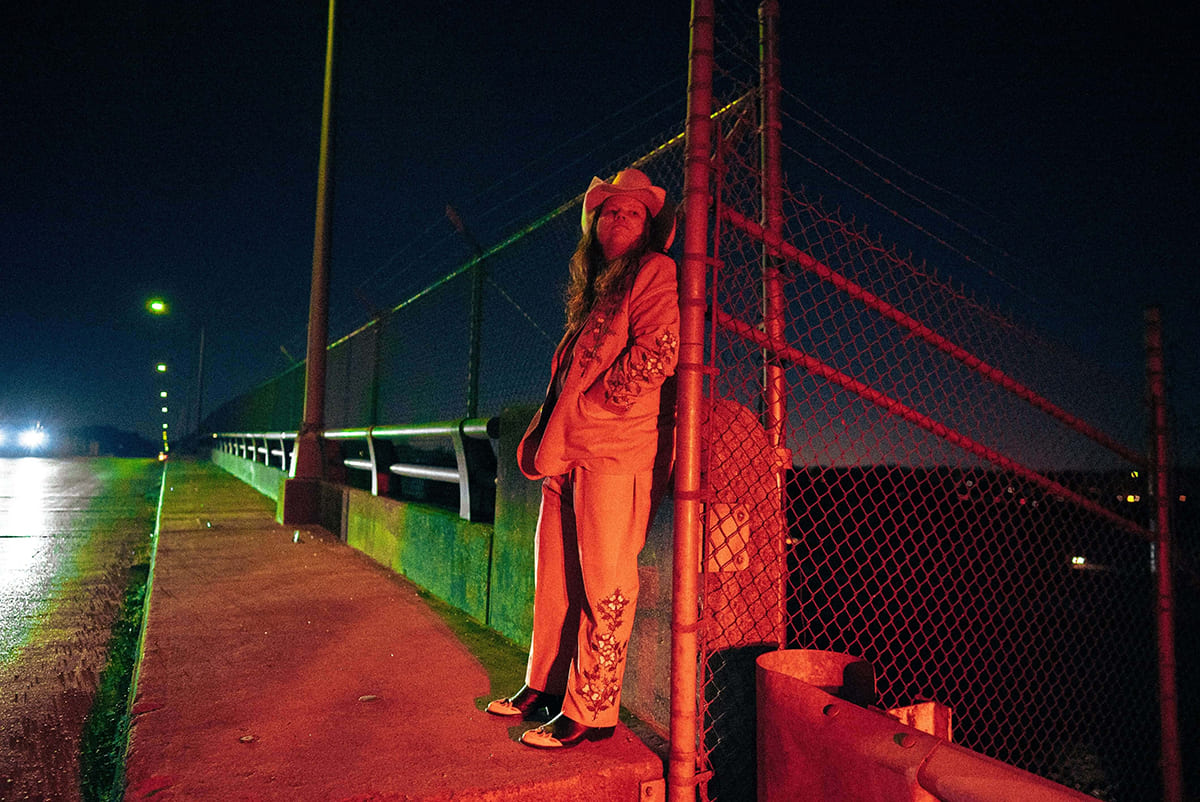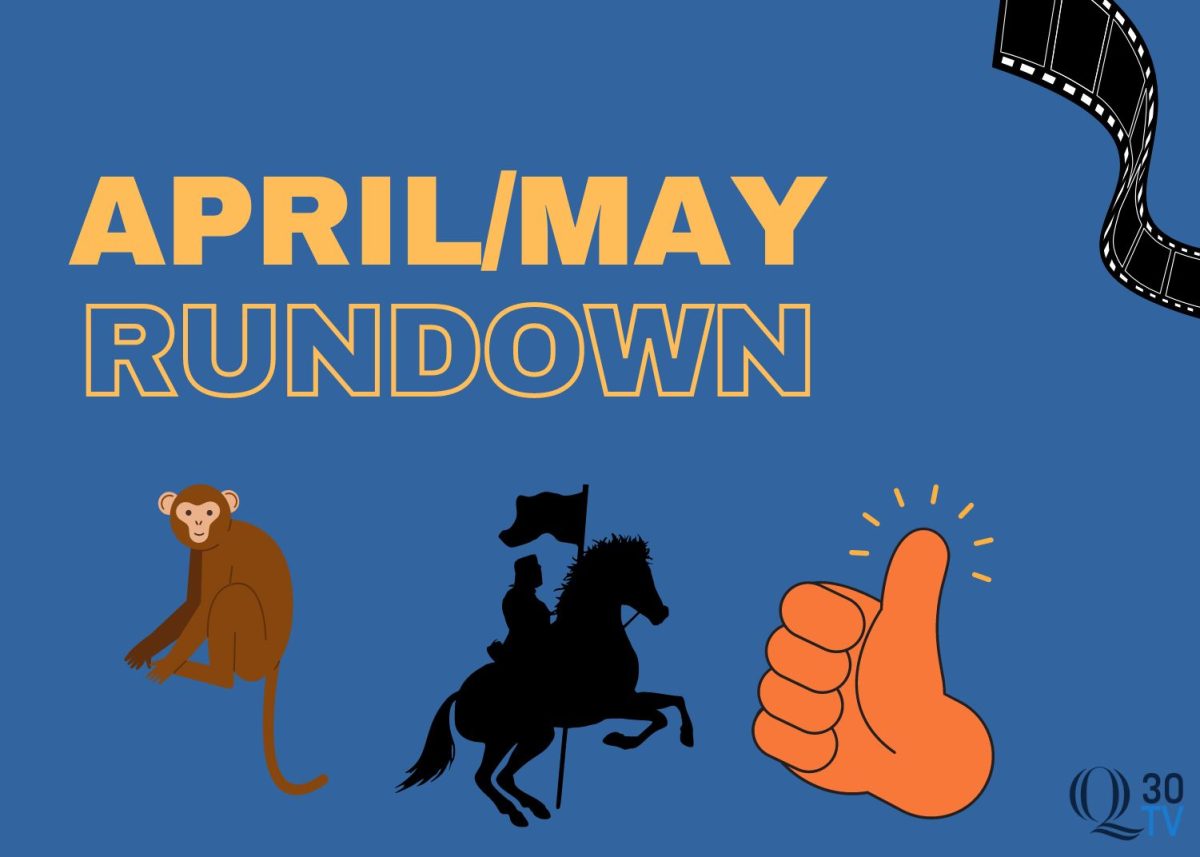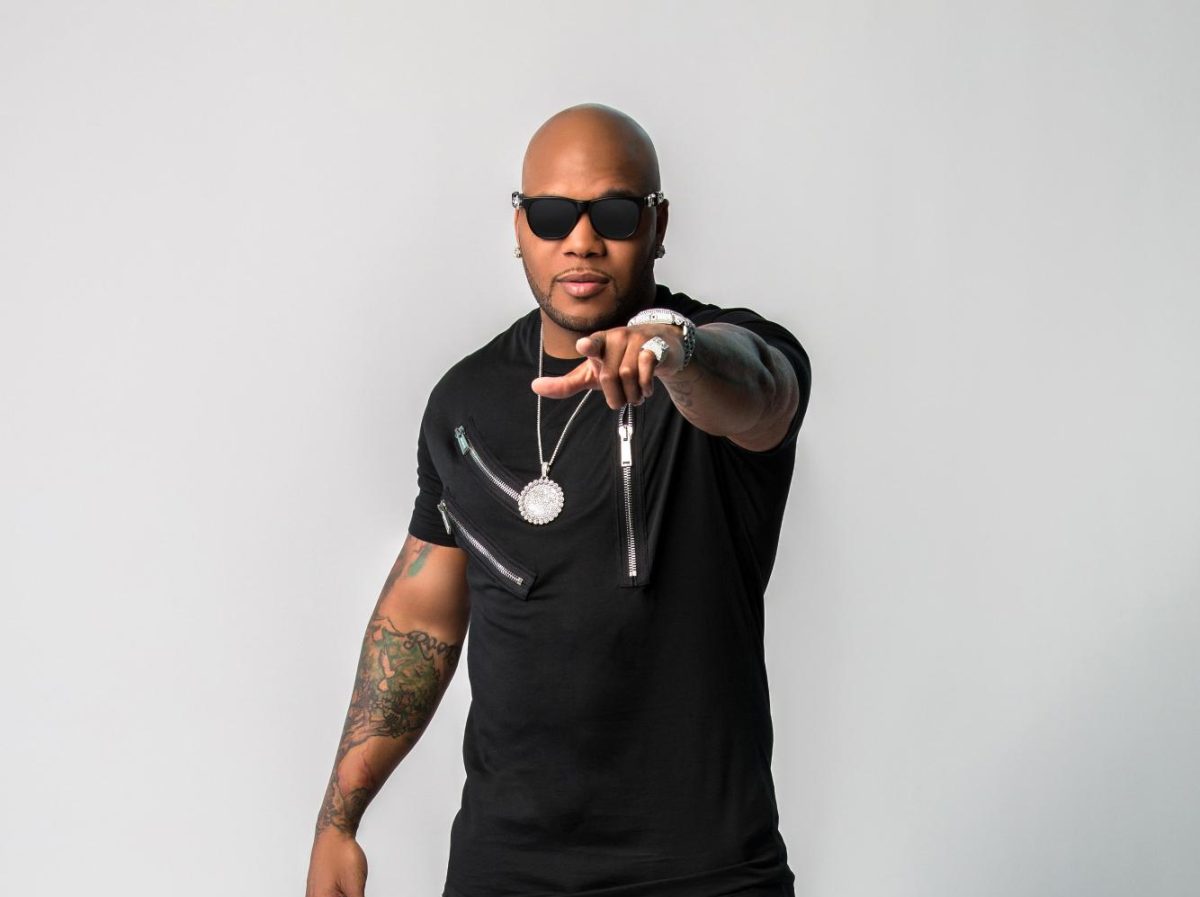Every year, Broadway’s biggest stars receive their flowers at the annual Tony Awards. However, this year marked a turning point within the show’s legacy.
This year’s ceremony, which was held June 11, is the first time during the program’s 76-year run in which a nonbinary actor has won in major categories.
Massachusetts native Alex Newell won the award for best featured actor in a musical. Newell, who uses he/she/they pronouns, was awarded the Tony for their portrayal of whiskey distiller Lulu in “Shucked”.
“Thank you for seeing me, Broadway,” Newell said in an emotional acceptance speech. “I should not be up here as a queer, nonbinary, fat, Black little baby from Massachusetts. To anyone that thinks they can’t do it, I’m going to look you dead in your face [and say] that you can do anything you put your mind to.”
Following Newell’s win, J. Harrison Ghee (he/she/they) was honored as best lead actor in a musical for their performance in “Some Like it Hot”. The actor beat out industry giants such as Ben Platt, Josh Groban, and Christian Borle.
“For every trans, nonbinary, gender-nonconforming human who ever was told you couldn’t be, you couldn’t be seen, this is for you,” said Ghee.
Last year, composer Toby Marlow became the first openly nonbinary Tony winner for best original score for “Six.’’ However, this year marks the first time in Tony’s history that nonbinary performers have been nominated.
While these wins are historic in nature, they have sparked debate among viewers. As award season becomes more gender-expansive, audiences and producers alike are left wondering about the best way to honor gender non-inclusive performers.
This is not a new conversation by any means. For years, openly nonbinary and gender-fluid actors have had to make challenging decisions when submitting for awards.
Earlier this year, performer Justin David Sullivan, a nonbinary actor who stars in “& Juliet” revealed to Entertainment Weekly that they would not be submitting for any awards this season, stating: “I felt I had no choice but to abstain from being considered for a nomination this season. I hope that award shows across the industry will expand their reach to be able to honor and award people of all gender identities.” This is not the first abstaining from a nonbinary performer, either: The New York Times reported that Asia Kate Dillon chose not to submit for their role in “Macbeth” during the 2022 season. Dillon, a longtime advocate for gender equality, also led a campaign for inclusivity during award season events in 2017.
The issue stems beyond the sidewalks of Broadway. Liv Hewson made waves online when they announced that they did not submit for this year’s Primetime Emmy awards, despite their riveting performance as Van Palmer in Showtime’s “Yellowjackets”.
“There’s not a place for me in the acting categories,” they told Variety. “It would be inaccurate for me to submit myself as an actress. It neither makes sense for me to be lumped in with the boys. It’s quite straightforward and not that loaded. I can’t submit myself for this because there’s no space for me.”
In 2021, the Television Academy’s Board of Governors announced that Emmy nominees could choose to have the word “performer” on their award instead of “actor” or “actress”. However, the gendered categories remained unchanged.
This causes a predicament for many actors, regardless of gender identity. Some programs, such as the MTV Movie and TV Awards, have eliminated gendered categories altogether. However, some worry that this option will result in a drop in representation for female actors.
To Newell, the decision to submit within the actor category was simple. “I went based off the English language. Everyone who does acting is an actor. That is genderless,” Newell told Variety. However, they understand and respect those who choose to abstain from submitting.
“I find it admirable,” they said. “There’s a flip side that’s heartbreaking, but that was the only option for someone who does not feel either. It should be a wake-up call. Change is inevitable and it will happen, but we need to move a little faster.”
So, how do award shows account for representation for everyone? To Newell, it is a topic that stems far beyond gendered categories. This issue opens up a larger conversation about inclusivity and equity in media, which includes creating well-developed roles for women and nonbinary people.
Most performers have grown up watching some sort of award show. To artists like Newell, winning is an achievement that holds great meaning. To reflect on the issues which arise during award season is to progress forward. The future is uncertain for award season; but regardless of gender identity, everyone deserves to feel seen, heard, and represented within their industry.
Nobody should be denied access to their dream.


